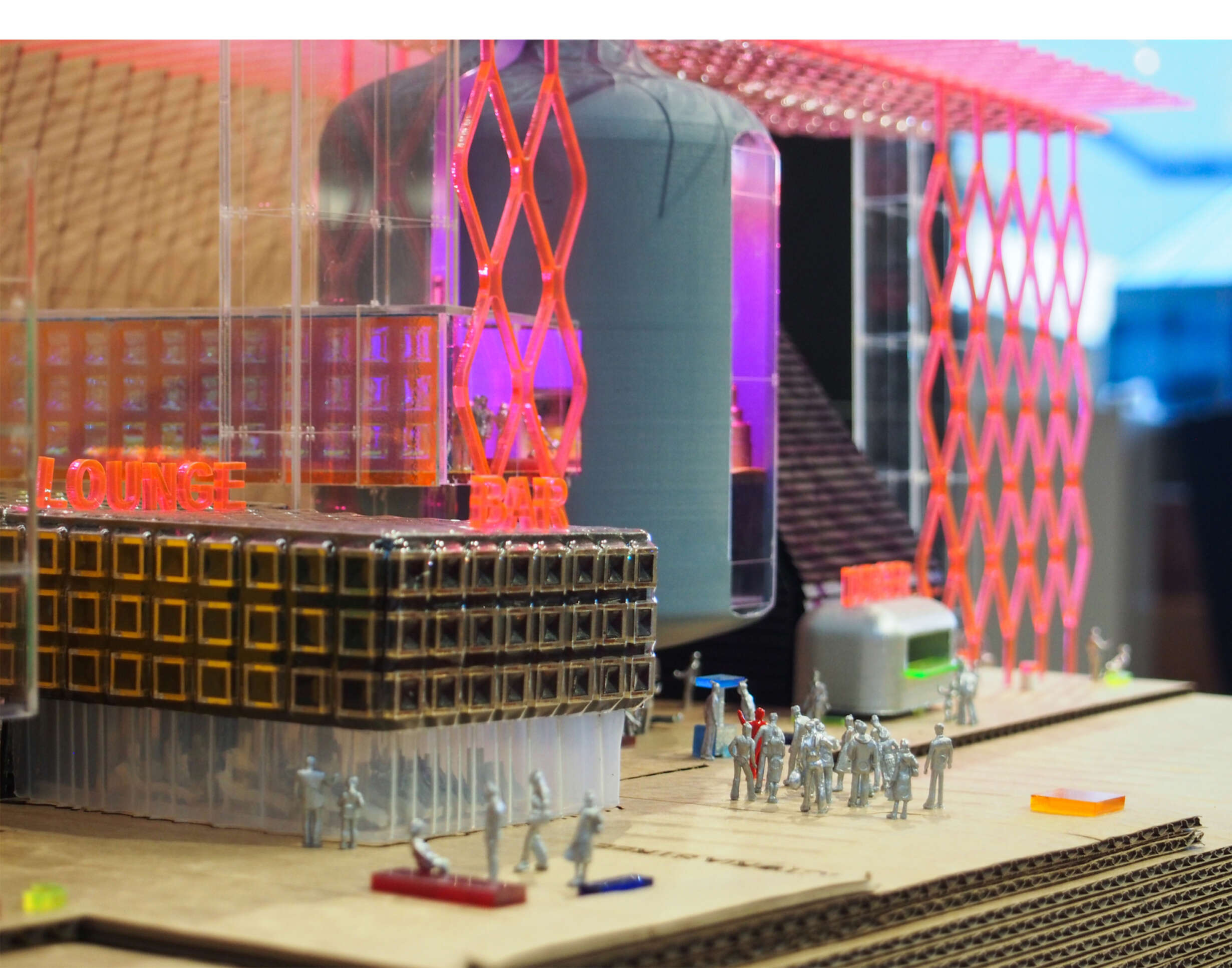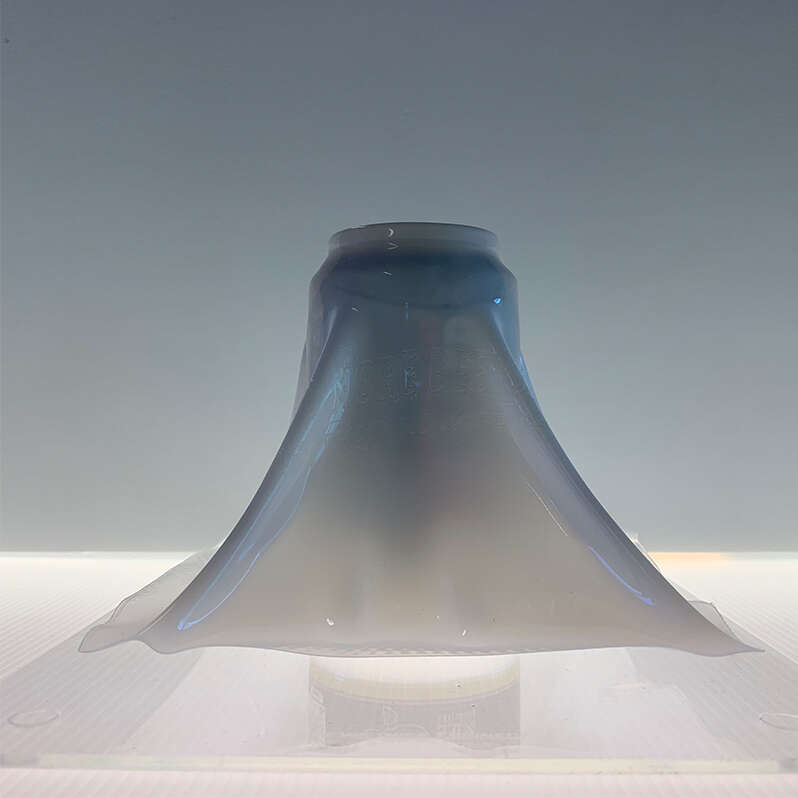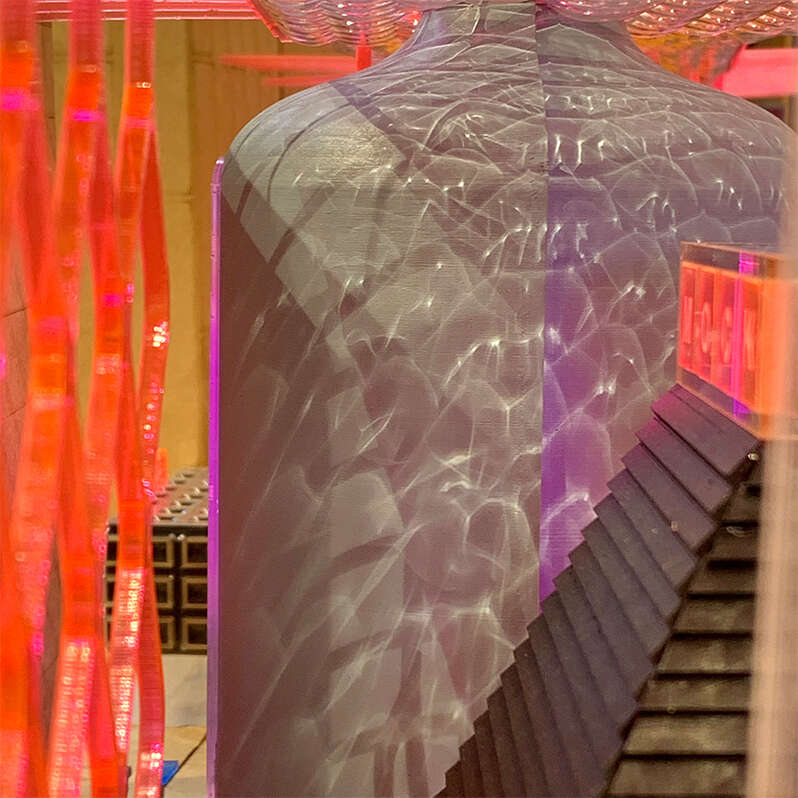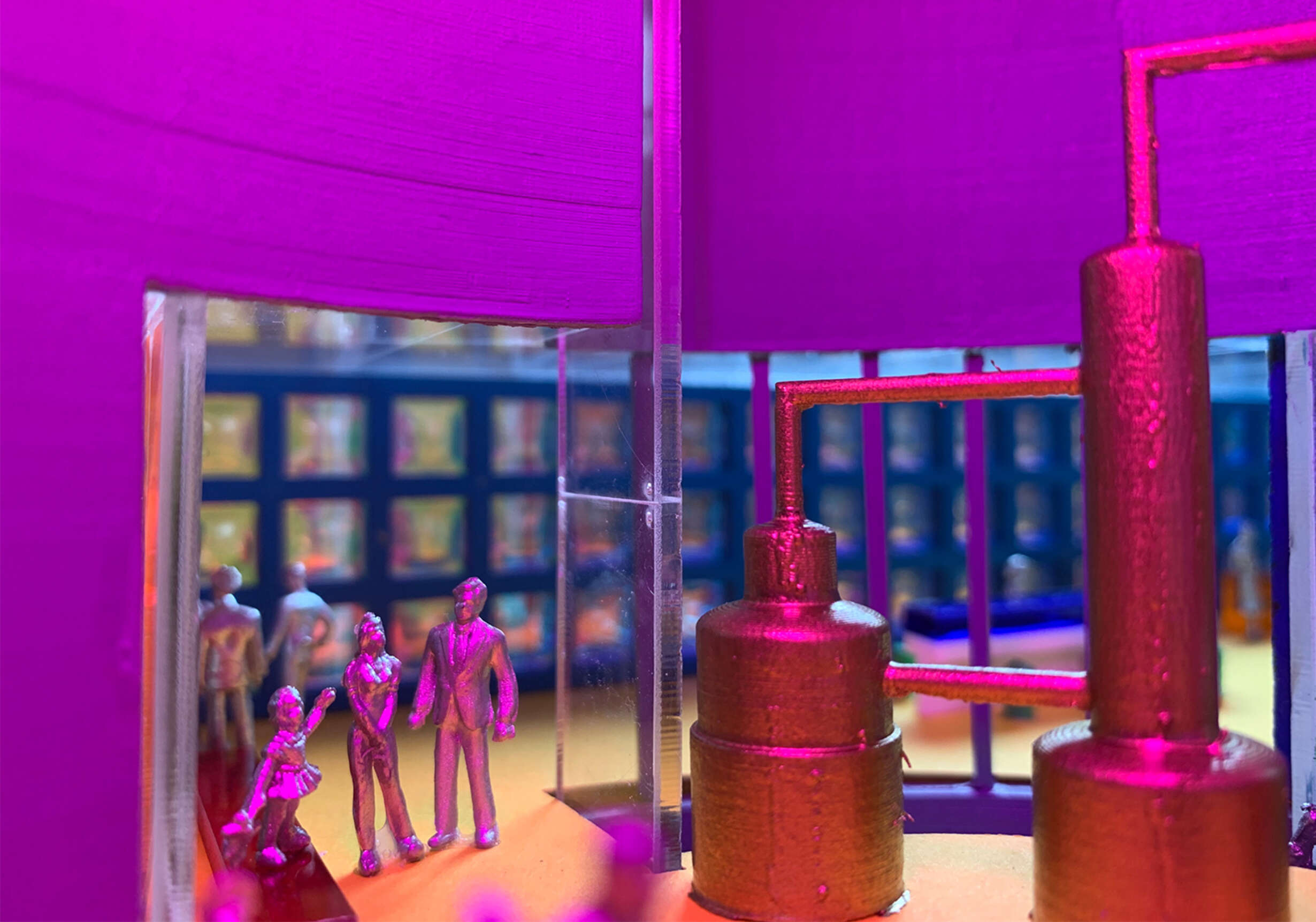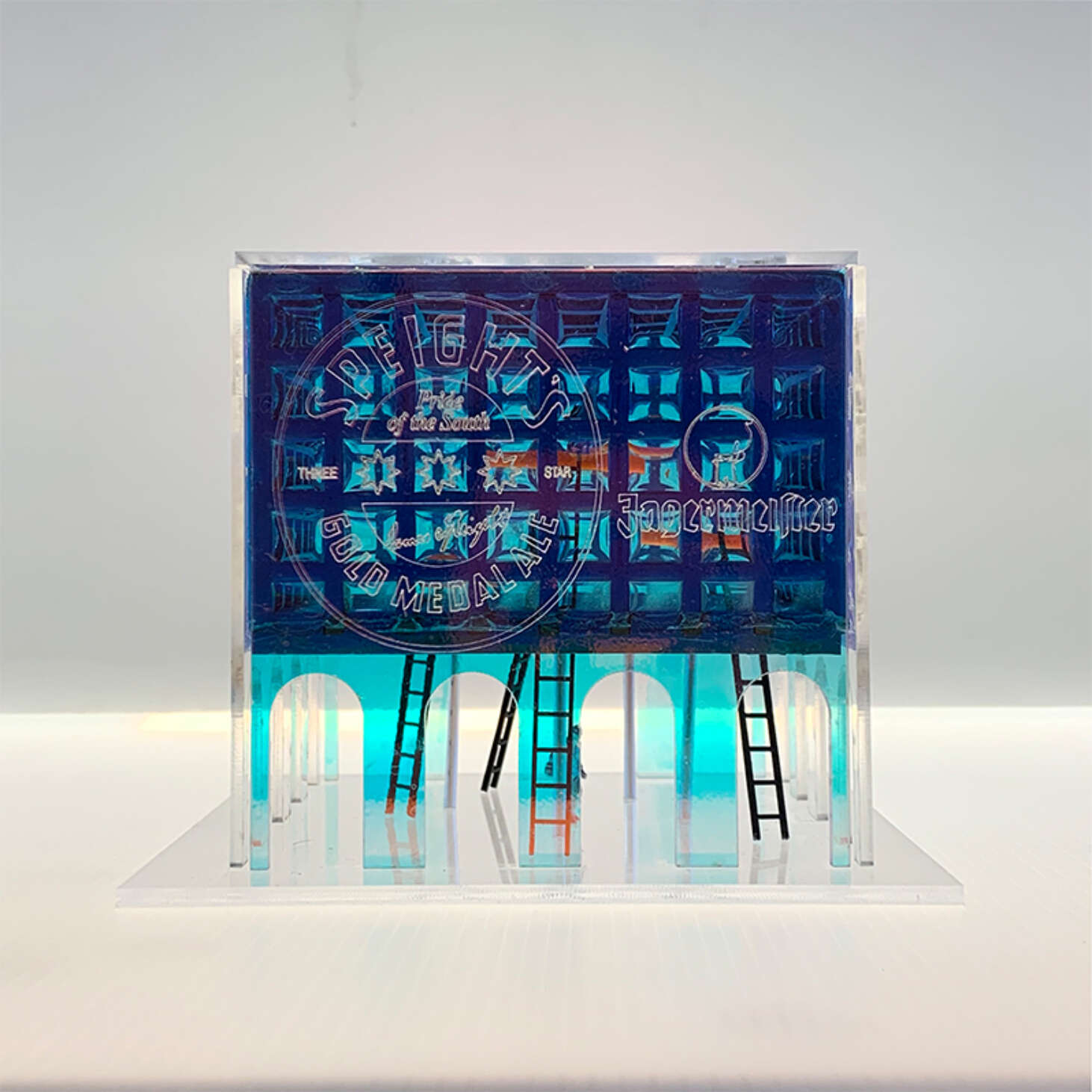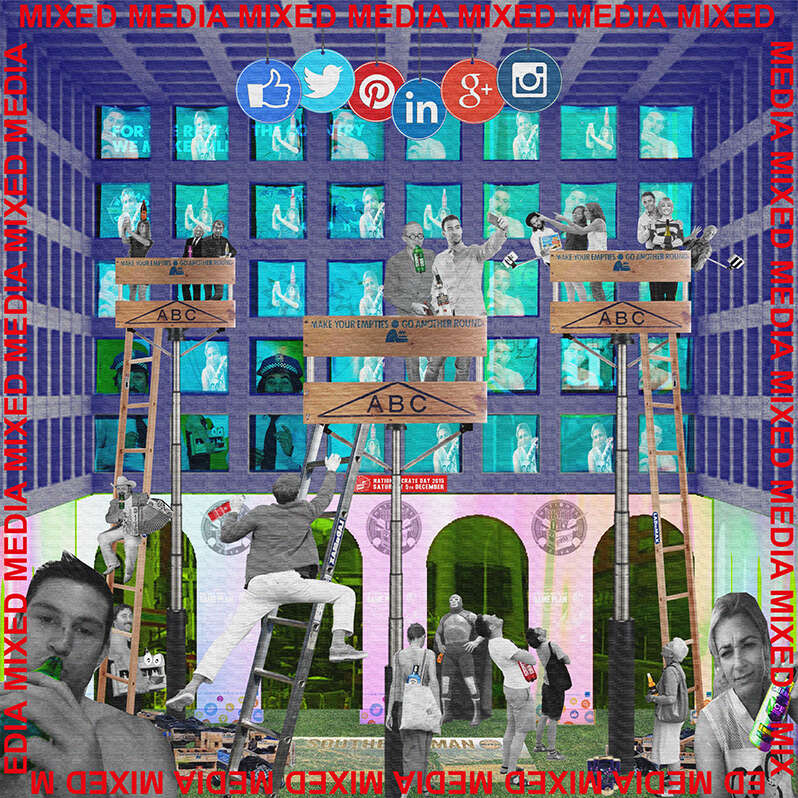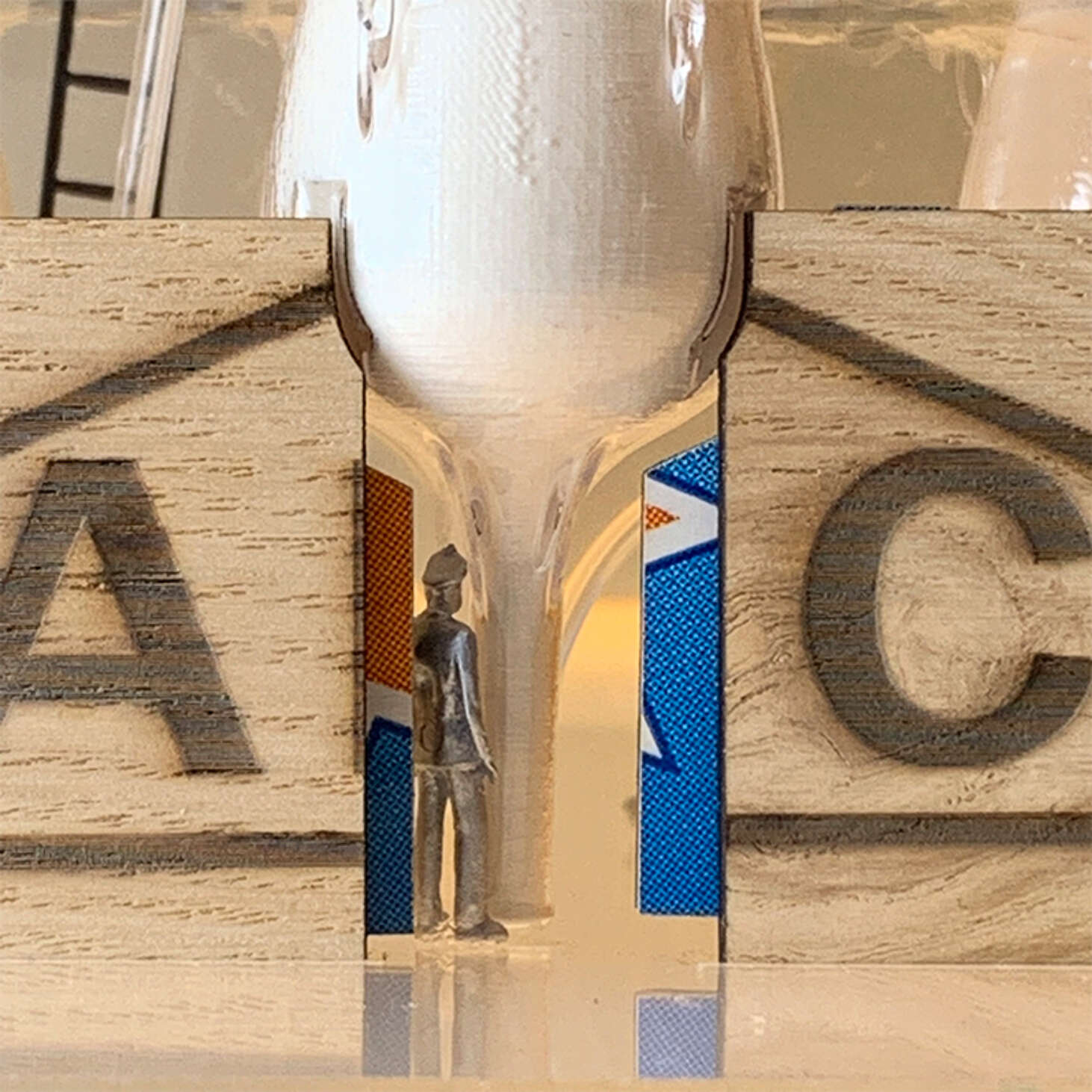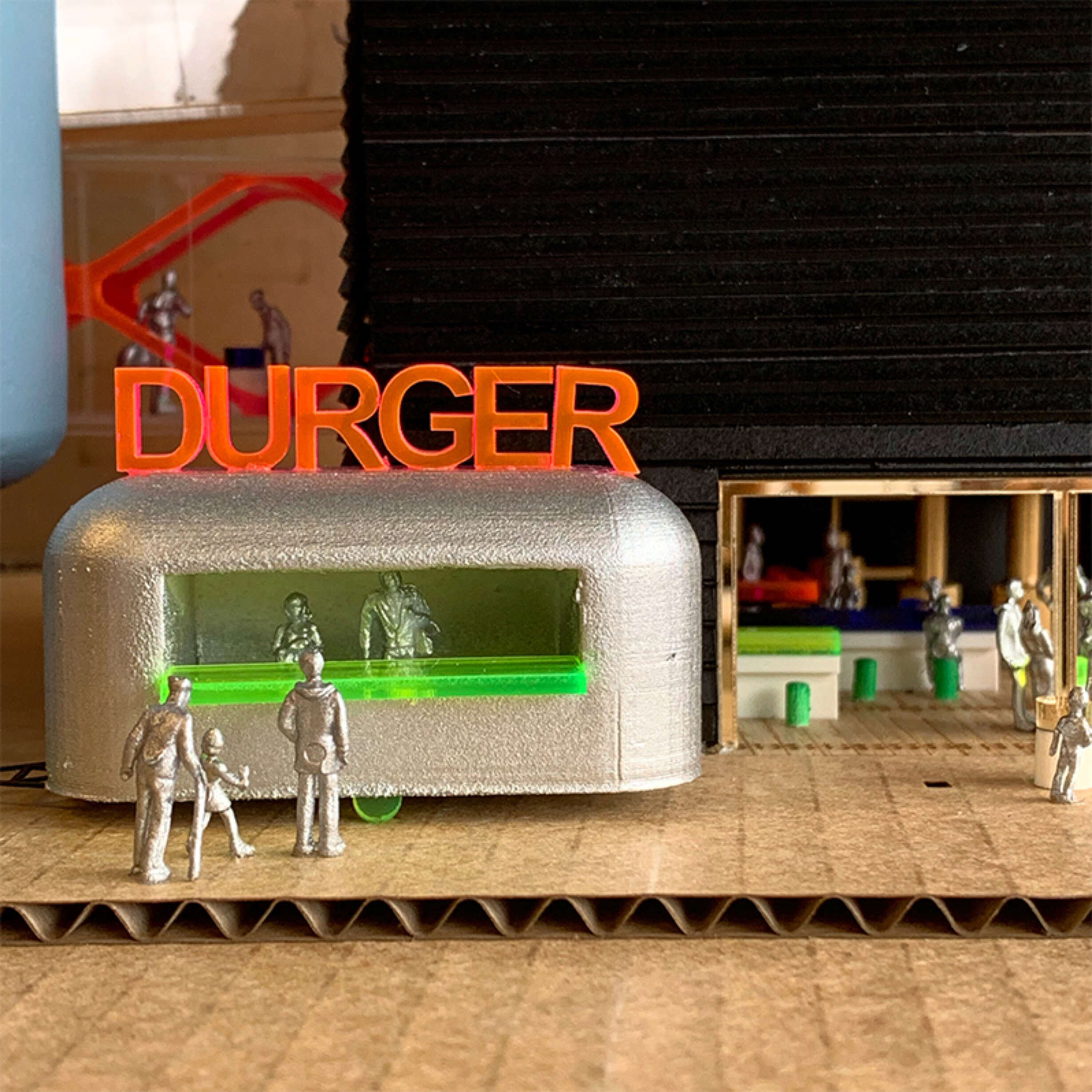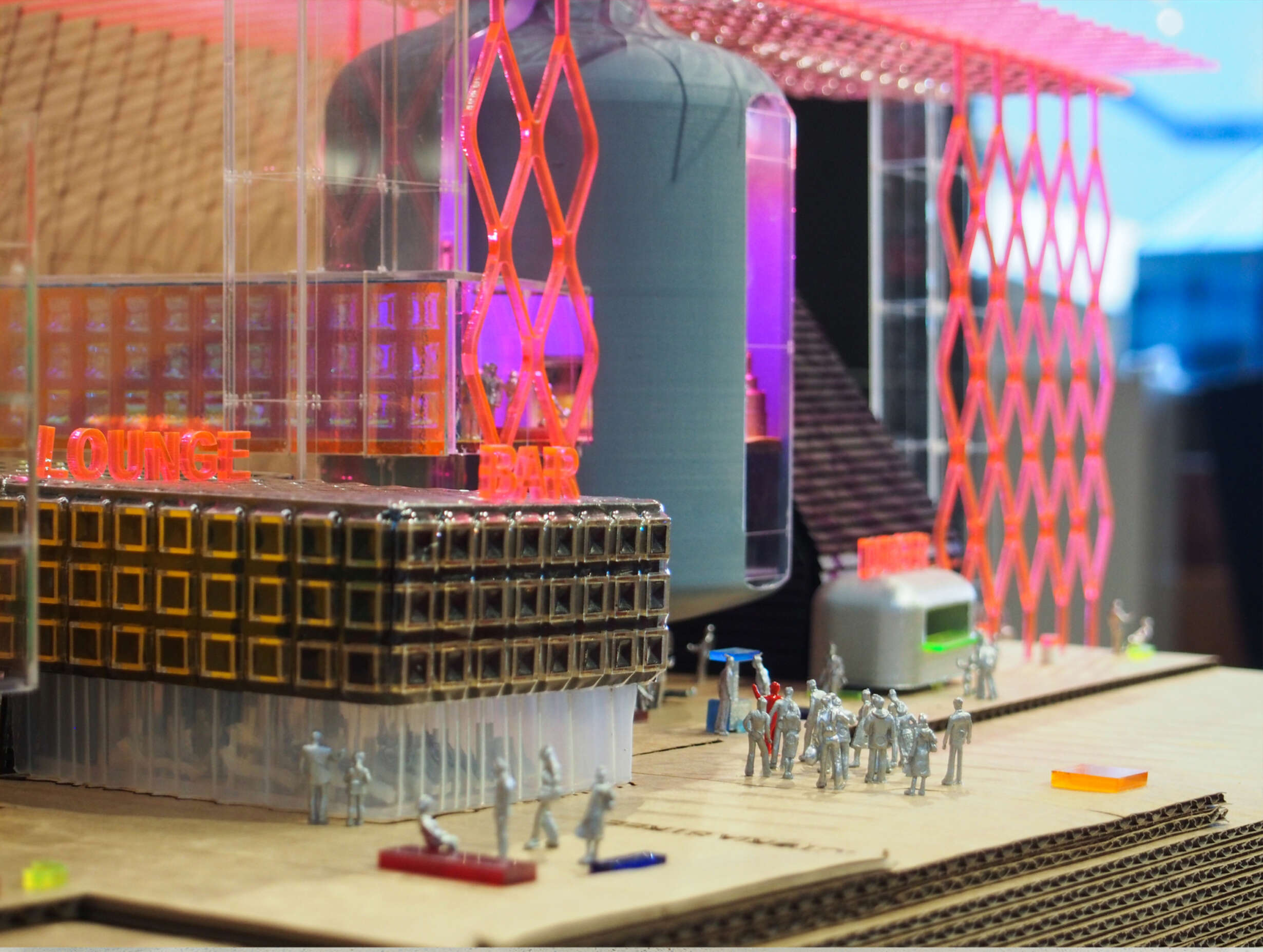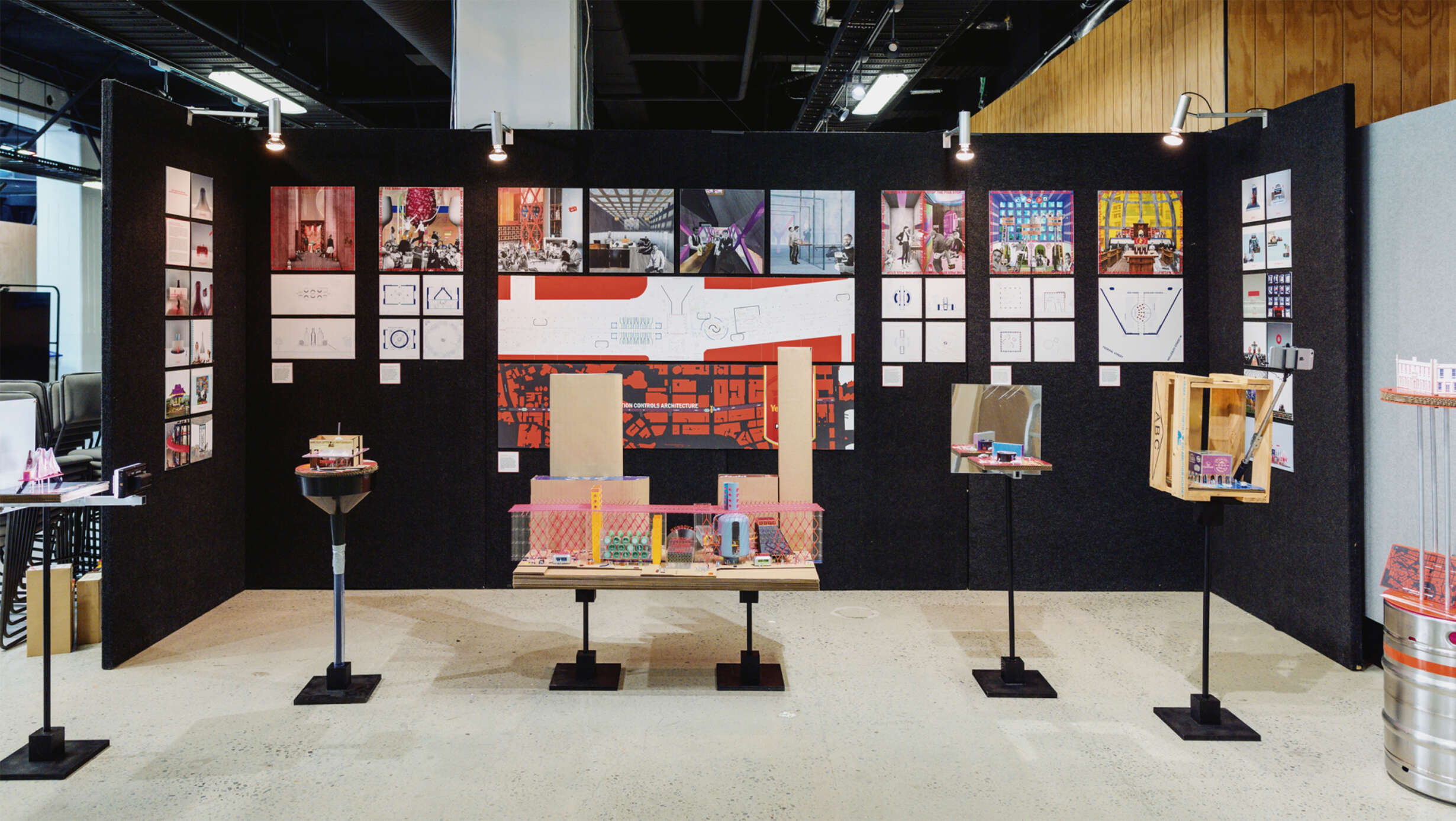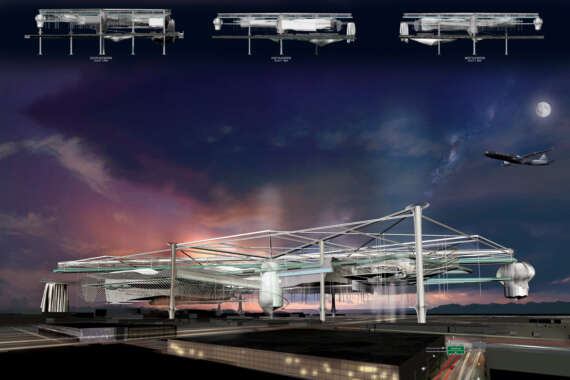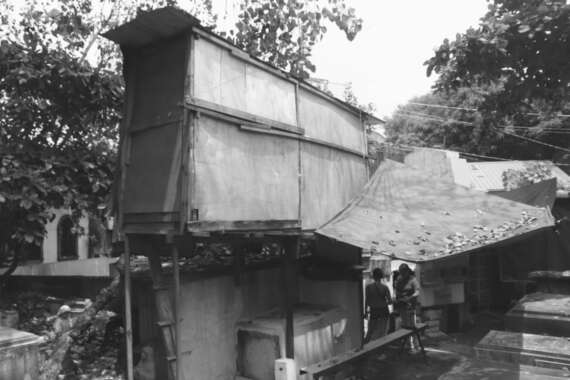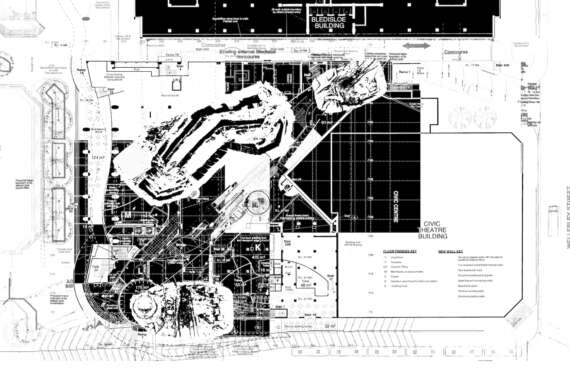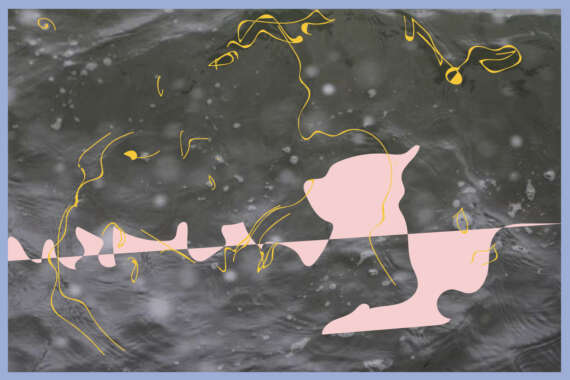In two parts, this thesis investigates how architectural propositions can act as an incubator for social agency, firstly by using architecture as a medium to reveal the issue, then as an instigator to shift the culture.
A network of five urban disruptions is scattered throughout the Auckland CBD, acting as 'stations' which unveil specific programmes associated with our binge-drinking culture. These 'stations' converge at a 'terminal' which incorporates acts taken from the five stations, cross-pollinating these ideas into a social condenser which initiates a shift in Aotearoa's drinking culture.
Throughout this thesis, the programme will act as a narrative to represent and reinforce key ideas:1 exposing, facilitating and shifting the good, the bad and the ugly sides of drinking in Aotearoa.
The architectural explorations within 'Happy Hour at the Grogzone' argue that New Zealand's binge-drinking culture isn't entirely dictated by behaviour and the cultural climate, instead regulations and consequently architecture each play a significant role. The terminal building addresses this by using architecture as a framework to flip the existing legislation around alcohol consumption. It presents a hyper-real and exaggerated version of this environment to maximise the exposure of this topic and further the discourse on how regulation impacts spaces and in turn, social behaviour.
1 Tschumi, Architecture and Disjunction, 205.








